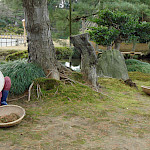6 Jun 2024
JETAA News
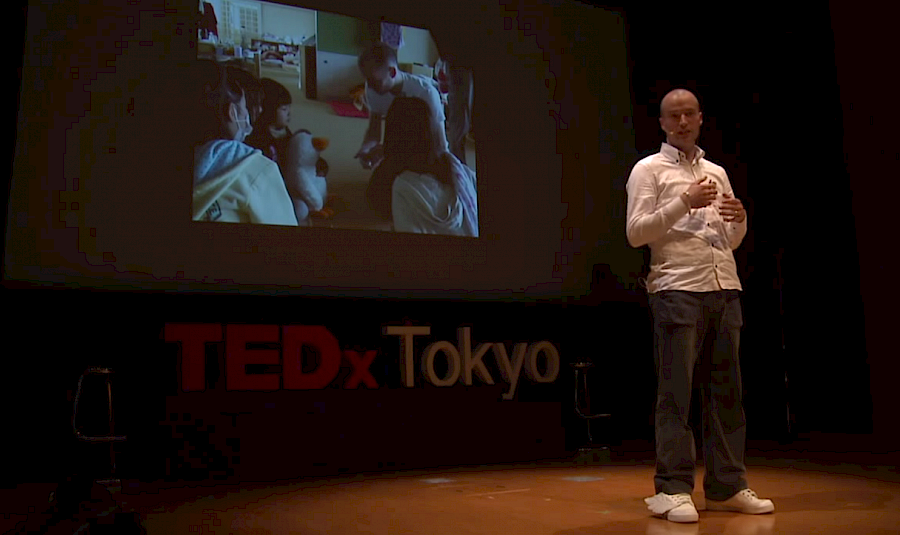
10th May 2022
JET Spotlight: Michael Rivera King
I currently serve as CEO of Ashinaga Association in the UK. Ashinaga Foundation is one of Japan's largest charities and has supported over 110,000 students who have lost one or both parents. Ashinaga UK was established in 2017 and registered as a charity as 2019. We predominantly support the Ashinaga Africa Initiative. This program aims to recruit one student per year from each sub-Saharan African country and provides an international undergraduate scholarship and leadership programming. Program graduates return to Africa to contribute to the development of their community, country, or continent in the way they think is best. I love my job, though I don't get to work enough with the students as my responsibilities lie more with exciting things like GDPR compliance!
Why did you decide to go on the JET programme and where did you go?
Before I turned 18 I hadn't travelled much, or even been on a plane. So I decided to take a gap year before university wherein I worked for sixth months (doing data entry) and then travelled for six months. I only spent one week in Japan, as it was so much more expensive than South-East Asian countries, but I absolutely loved it. My relationship with Japan deepened at university when I became friends with three Japanese lads who were in my university football team. I had always wanted to live abroad and learn another language, and I figured that if I liked the country and the people I'd met, Japan would be a great place to try! I applied to JET and was placed in Fukui. I remember reading the Japanese Lonely Planet and the Fukui section opened with 'There is no real reason to linger in Fukui'! But this kind of captures why JET is so great: Yes, it wasn't the most exciting place for a tourist, but it was a wonderful place to live!
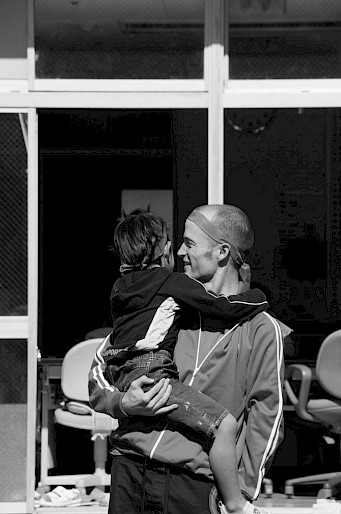
What are some of your best JET memories?
Fukui had a wonderful community, of JETs and Japanese people, and I loved getting to know them through football, camping, and snowboarding. But my favourite memories were with the volunteering I did. While on JET I set up a volunteering organisation called Smile Kids Japan, which promoted local sustainable volunteering at 'orphanages' (child welfare institutions). I absolutely loved my regular volunteering and getting to know and support these children, who had been placed into care due to abuse or neglect. Following the tsunami and earthquake in 2011, I fundraised $900,000 to support the orphanages in the effected region and moved to Sendai to do this work full-time. While incredibly challenging and not really a 'best' memory, it is something I am proud of having been able to provide some small support at such a critical time.
What was your biggest challenge whilst on JET, and how did you overcome it?
JET was great, but I definitely faced challenges while in Japan. Being isolated from my family and childhood friends in the UK meant that when I faced personal challenges, I didn't always deal with them in the best way. Weirdly, joining facebook, which I've since left again, was really helpful here in keeping in touch with the small things happening back home.
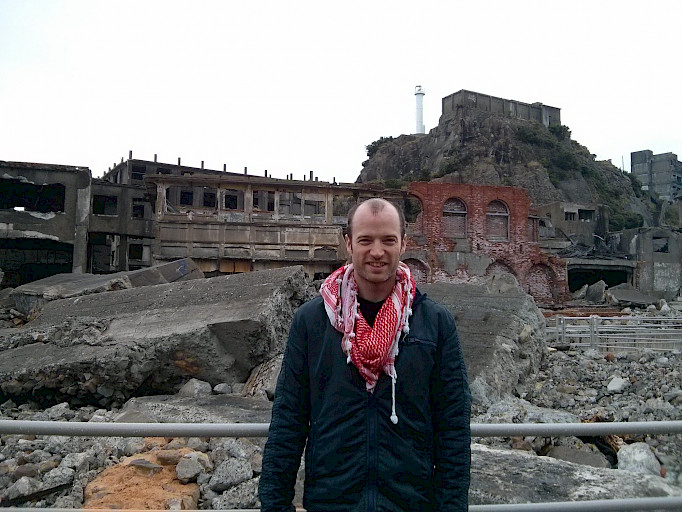
How did your career progress after finishing JET?
While my volunteering was huge for me personally, I never got over the question 'why are these kids, including babies, in institutional care as opposed to families?' This led me back to university, where I started with a Masters in Modern Japanese Studies at Oxford. I soon realised that I couldn't answer that question in a Masters, so ended up enrolling for a second Mmasters and a doctorate to untangle it. While doing my studies, I had the chance to interview President Tamai from Ashinaga, about the challenges people from disadvantaged backgrounds face in progressing to university. I then volunteered to try to support Ashinaga in setting up some scholarships in the UK, before spending a month with them in Uganda in my summer holiday. It was here that I really got to know Ashinaga's work and was very motivated to get involved with them when I finished my studies.
What skills did you bring from JET to your current position?
JET gave me a lot more confidence in operating outside my comfort zone, the ability to give something a go even if I don't have all the skills before starting. It also helped me with my communication skills, both in multicultural groups and with public speaking. The voluntary work I did and teaching on JET also gave me direction in life, to work in a field that was aiming to improve the lives of others, rather than aiming to make a company richer. In addition, I do use Japanese in my current role, which gives me great pleasure.
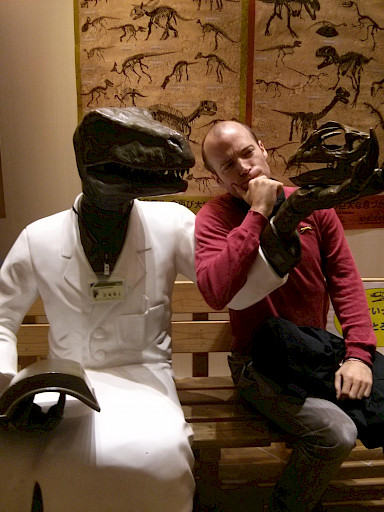
Any advice for JETs who feel that they want to get into the charity sector? How might being a JET be an advantage?
Skills can be categorised into two broad categories, 'hard' skills, such as accounting or marketing, and 'soft' skills, such as intercultural communication and flexibility. JET equips you with a lot of soft skills, which you should make explicit on your CV. In addition, I'd encourage you to think about what kind of work you'd want to do in the charity sector and look at gaining some hard skills, be it through online courses or volunteering activities. When hiring, one of the key things I look for is whether there is a traceable thread in someone's career that relates to the work we are doing. This can be very broad, such as 'helping others who are facing an unequal start in life'. If you have a passion such as this, doing volunteering activities or internships that relate to this will help you demonstrate it: it is almost always better to be able to demonstrate 'I'm passionate about X' rather than saying 'I'm passionate about X'
How do you think JETs can get involved with Japanese cultural relations even after returning to the UK?
I would encourage people to register with the Japan Society and the Daiwa Anglo-Japanese Foundation's mailing lists - both have lots of interesting events spanning a wide range of topics. And of course, JETAA!
if you are interested in Dr Michael Rivera King and his work you can find out more at Ashinaga.org/en/ashinaga-uk







